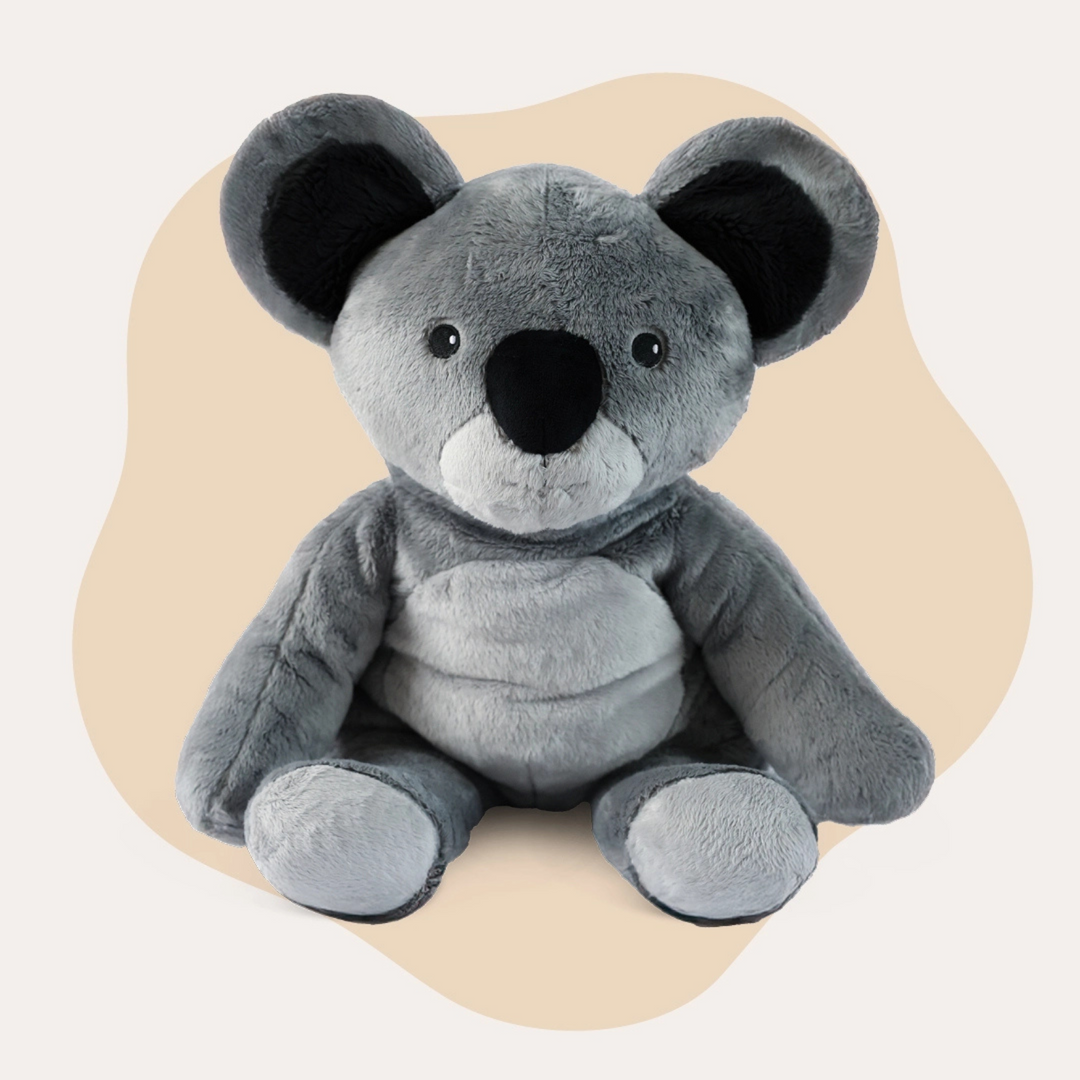Sensorimotor development | What is it exactly?
What is Sensorimotor Development?
From their first smile to their first steps, every moment in a child's early childhood represents a developmental step. A key aspect of this journey is sensory-motor development, a process that lays the foundation for how children understand and interact with the world around them. But what exactly does this mean, and why is it so important?

Sensorimotor development refers to the way children learn through movement and touch. During the first few years of life, children develop their senses and motor skills simultaneously. Jean Piaget, a renowned Swiss psychologist, identified the sensorimotor stage as the first of the four developmental phases that every child goes through. This phase, which lasts from birth to approximately two years of age, is characterized by learning through sensory experiences and motor activities.
The Importance of Sensorimotor Development
This development is crucial because it forms the foundation for later learning processes, such as language, social interaction, and problem-solving. Children use their sensory perception and motor skills to explore and understand the world. This foundation is essential for overall development and helps children develop more complex skills.
The Role of Senses in Sensorimotor Development
Each sense plays a unique role in a child's development:
-
Vision : helps children to recognize colors, movements, and later faces and shapes.
- Hearing : important for language development and recognizing sounds from their environment.
- Touch : essential for developing emotional connections and exploring textures and shapes. A weighted toy can help with this.
-
Taste and smell : help develop preferences and aversions, which is important for nutrition and safety.
By using these senses, children are constantly learning about their environment, which boosts their cognitive development.
What Does the Child Learn in the Sensorimotor Stage?
In this stage, a child learns through direct interaction with their environment. They learn that actions elicit reactions, such as understanding that throwing a toy makes a sound. They also discover the concept of permanent objects: the understanding that objects still exist even when they are not visible. These fundamental lessons form the foundation for future learning and development.

Sensorimotor Exercises and Activities:
Here are some activities parents can do to support their child's sensory-motor development:
- Play "peek-a-boo" : This simple game supports the understanding of permanent objects.
- Touch and feel books : Books with different textures stimulate the sense of touch.
- Ball games : Rolling, throwing and catching promote hand-eye coordination.
- Sensory Bins : Fill a bin with safe objects like rice, pasta, or water for tactile exploration.
- Making music : Use simple instruments such as drums or xylophones to develop hearing and motor skills.
Every activity is an opportunity to learn, so the most important thing is to have fun and explore together.
Conclusion
Sensory motor development is a complex and crucial part of every child's growth. By understanding and supporting this early stage, parents can help their children build a solid foundation for future learning and development. Remember that every child is unique and develops at their own pace. Providing love, support, and appropriate stimulation will help them reach their full potential.









Leave a comment